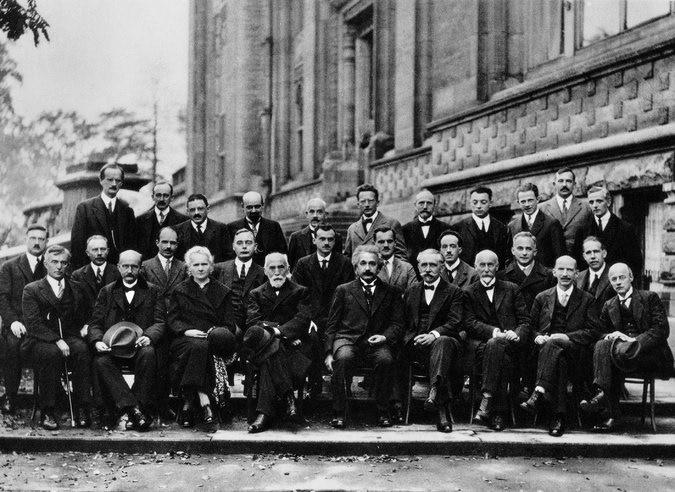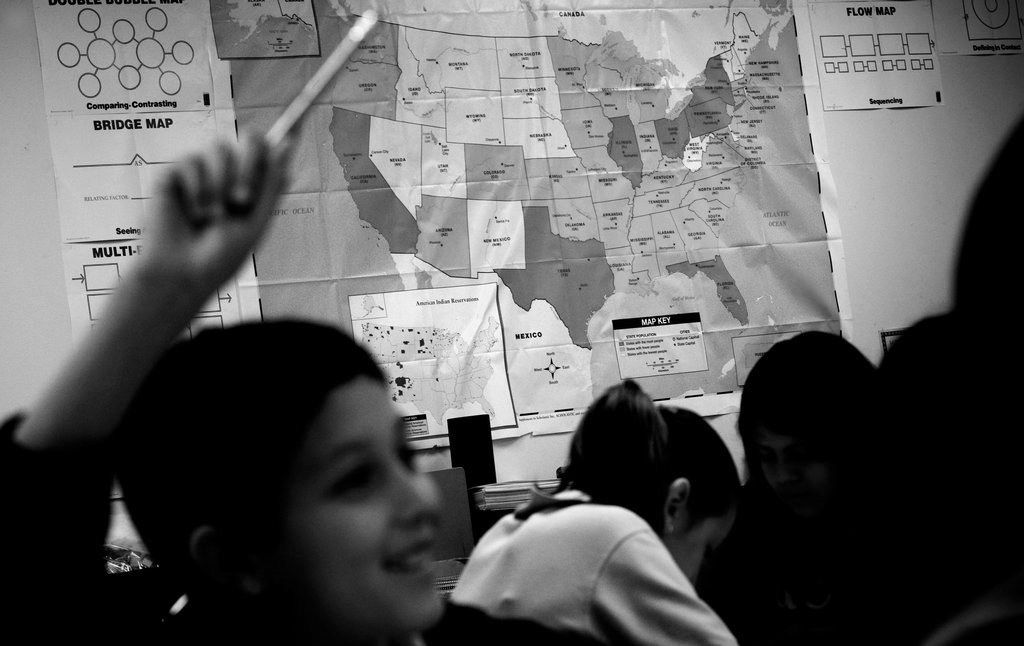Broadly, my program of research explores the impact of historically minoritized identities (e.g., social class, ethnicity, gender, sexual orientation) on experiences and performance in academic contexts. My research has two main goals: to understand and improve experiences and performance for individuals from diverse backgrounds.
The Impact of Indoor Plants on College Students’ Well-Being, Academic Performance, and Course Evaluations
With my student Taylor Evans, this research examines the effects of exposure to nature in the form of indoor plants on mental health and academic experiences. Past research demonstrates that indoor plants increase mental health and well-being. Additionally, research in educational performance demonstrates the relationship between increased mental health and well-being and academic performance (e.g., Castaneda et al., 2008; Wickersham et al., 2021). However there is a dearth of research that specifically investigates the effect of indoor plants on academic experiences among college students as a function of improved mental health, growth mindset, and academic self-efficacy.
Universities are continually trying to develop strategies to improve student engagement, performance, and persistence. Similarly, sustainability researchers aim to investigate the ways in which exposure to and engagement with nature can improve quality of life in the form of mental health, physical health, and overall well-being. This research combines these interests to examine the efficacy of indoor plants to increase students’ mental health, growth mindset, nature connectedness, well-being, perceptions of the class, and academic performance.
This work is possible thanks to generous support from Nature and Human Health Utah, the Weber State University Office of Undergraduate Research, the Weber State University Research, Scholarship and Professional Growth Committee, and the Weber State University Sustainability Practices and Research Center (SPARC).
Effects of Anti-DEI Legislation on Students and Faculty in Higher Education
As of January 2025, twelve states have passed anti-DEI legislation related to higher education. Recent research by Goldberg (2024) cited negative impacts of this legislation for teaching, research, mental health, and physical health among LGBTQ+ faculty members. However, limited research has been done among college students to investigate the impacts of such legislation on their academic experiences. In many states with anti-DEI legislation, one tangible change was the closing of cultural centers and other offices on campus that focused on underrepresented groups in education, including those from historically minoritized ethnic backgrounds, LGBTQIA+ students, and women. This may impact academic experiences, performance, and persistence for students from these backgrounds, as cultural centers offer cultural nourishment (e.g., Gonzàlez, 2000; Gusa, 2010), connections to peers and role models, and practical benefits (i.e., tutoring, resources, advising; Lotkowski et al., 2004).
This line of research with student collaborators Christy Vu, Cason Nash, and Korbin Gardner examines the impact of anti-DEI and the closing of cultural centers on campus on student belonging, well-being, academic self-efficacy, institutional commitment, perceived campus climate, intention to utilize campus resources, academic performance (i.e., semester GPA) and persistence (i.e., semester-to-semester retention, spring-to-fall retention). Additionally, we investigate interactions with participant variables such as race/ethnicity, LGBTQIA+ identity, gender, and college generation status.
Social Class Biculturalism in First-Generation College Students
With Michael Varnum, I investigate the effects of social class biculturalism for first-generation college students. First-generation college students receive lower grades and have a higher dropout rate than students who have at least one parent with a bachelor's degree. These negative outcomes may be due to difficulties in acculturation as much as differences in resources and preparation. The bicultural identity integration (BII) framework (Benet-Martinez et al., 2002) proposes that individuals can either perceive their cultural identities as compatible or oppositional.
We build and extend on this research, proposing that first-generation college students also undergo adjustment to a new culture; namely, the predominantly middle and upper-class culture of American universities. These students may face similar challenges negotiating different cultural identities. In our research, we have found that first-generation college students who are high in social class bicultural identity integration (e.g., view their cultural identities as harmonious) have increased academic performance, well-being, and life satisfaction, as a result of decreased acculturative stress. Additionally, these effects extend to first-generation college graduates, for whom integrated identities were associated with higher levels of well-being, job satisfaction, and professional engagement (Herrmann & Varnum, 2018a; Herrmann & Varnum, 2018b).
Research with Michael Varnum, Brenda Straka, and Sarah Gaither demonstrates that exposure to college graduates in students’ home neighborhoods before college is positively related to higher social class bicultural identity integration, that the effect of identity integration on academic performance is mediated by academic self-efficacy, and that the effects of identity integration on acculturative stress, life satisfaction, and overall health outcomes observed at a large, public university replicated at selective, private universities (Herrmann, 2017; Herrmann, Varnum, Straka, & Gaither, 2021).

Role Model Interventions for Women in STEM
Another line of research with Virginia Kwan, Morris Okun, Rob Adelman, Jessica Bodford, and Oliver Graudejus examines the effect of role model interventions to improve women’s performance in introductory STEM courses. Past research demonstrates that limited representation of women decreases women’s feelings of belonging in STEM majors (Aronson, Quinn, & Spencer, 1998; Aronson & Steele, 2005; Ceci, Williams, & Barnett, 2009; Cheryan, Plaut, Davies, & Steele, 2009; Hyde, Lindberg, Linn, Ellis, & Williams, 2008; Davies, Spencer, & Steele, 2005; Inzlicht & Ben-Zeev, 2000; Murphy, Steele, & Gross, 2008; Pronin, Steele, & Ross, 2004; Stockard & Wood, 1994). The effects of these differences are evident in the gender breakdowns in tertiary education and beyond; as of 2012, women made up only 41% of doctoral degree recipients, 32% of postdoctoral fellows, and 37% of faculty in STEM fields (National Science Foundation, 2013). This may perpetuate the gender gap, as fewer women graduate students and faculty serve as role models for the next generation of women in STEM. We implemented a brief (i.e., 5 minute), scalable online intervention that provided a female role model who normalized concerns about belonging, presented time spent on academics as an investment, and served as an example of overcoming challenges in introductory psychology and chemistry courses. Relative to the control group, women in the intervention group had higher grades and lower failing and withdrawal rates (Herrmann, Adelman, Bodford, Graudejus, Okun, & Kwan, 2016).
This research was featured in articles by ASU Now, the British Psychological Society Research Digest, and How Stuff Works.
First-Generation Faculty Interventions
With Giselle Laiduc and Rebecca Covarrubias, I investigate the effects of exposure to first-generation faculty on help-seeking behaviors and feelings of belonging for first-generation college students. Research has underscored the importance of faculty relationships to first-generation (FG) students’ retention and success in the university. Yet, despite widespread advice to attend faculty’s office hours, many students still do not do it. Guided by prior work showing the benefits of self-relevant role models for negatively stereotyped students, we investigate how highlighting the FG status of faculty role models increases FG students’ belonging and help-seeking intentions.
In a 2021 paper, we explore whether highlighting first-generation faculty increases first-generation students’ help-seeking intentions and belonging. Compared to continuing-generation students, first-generation students demonstrate higher relatability, intention to visit office hours, and higher belonging when viewing first-generation versus continuing-generation faculty webpages. These effects occur only when first-generation identity is explicit (Laiduc, Herrmann, & Covarrubias, 2021).

Socioeconomic Status and Academic Performance
With Virginia Kwan, Morris Okun, Rob Adelman, Joseph Barbour, and Jessica Bodford, I examine the interplay of socioeconomic status and future time perspective on academic performance and retention for low SES and first-generation college students. Low SES individuals have been characterized as irrational for their intertemporal choices--choices whose outcomes play out over long periods of time (i.e., marriage, investment, or education; Bertrand, Mullainathan, & Shafir, 2006; Frederick, Loewenstein, & O'Donoghue, 2002; Hershfield, 2011).
These irrational decision patterns, while descriptive of the judgments themselves, might be culturally specific. Namely, increased situational harshness and unpredictability should increase temporal discounting. What effect might this have on first-generation students' performance and persistence in college? Our research demonstrates that future self-continuity is related to increased focus on the future and self-control, which predicts academic performance. However, this relationship is stronger for continuing-generation college students than first-generation college students (Adelman, Herrmann, Bodford, Barbour, Graudejus, Okun, & Kwan, 2016). This suggests that the positive effects of focusing on the future on academic achievement may be effective in promoting self-control only for certain cultural groups.

Culturally-Matched Interdependent Affirmations
For many Americans, the classroom is a gateway to learning, but for others it is a site that represents a long history of exclusion and discrimination (Cohen & Garcia, 2005; Covarrubias & Fryberg, 2015; Cremin, 1951; Ogbu & Simons, 1998; Walton & Cohen, 2007). Self-affirmation interventions, which involve reflecting on personally important values (Steele, 1988), have been shown to improve performance for students in contexts in which their identities are devalued (e.g., Cohen, Garcia, Apfel, & Master, 2006; Cohen, Garcia, Purdie-Vaughns, Apfel, & Brzustoski, 2009; Steele, 1988). In standard self-affirmation procedures (Cohen et al., 2006; Steele & Liu, 1983), also known as values affirmation, students are presented with a list of values and write about a value that is important to them. By reflecting on important values to the self, students can gain a sense of legitimacy and restore one’s sense of self-worth in a context that poses a threat to one’s identity (Schimel, Arndt, Banko, & Cook, 2004).
With Rebecca Covarrubias and Stephanie Fryberg, I investigate whether culture-matching interdependent affirmations are more beneficial than traditional self-affirmations in reducing the effects of stereotype threat for students from interdependent cultural contexts (i.e., Latino students). We found that Latino middle school and college students who completed a family affirmation demonstrated higher performance on an evaluative task relative to Latino students exposed to a self-affirmation or no affirmation control condition. There were no such differences for European American students (Covarrubias, Herrmann, & Fryberg, 2016).

Student Mindset, Behavior, and Performance
Students' beliefs about the malleability of ability guide their attributions and responses to failure. Students who endorse a growth mindset are likely to attribute failures to poor effort, rather than ability, thereby increasing subsequent effort and performance (Blackwell, Trzesniewski, & Dweck, 2007; Dweck & Reppucci, 1973; Hong, Chiu, Dweck, Lin, & Wan, 1999). While this link is well established, my research with Rebecca Covarrubias, Kristin Pauker, and Stephanie Fryberg expands on mechanisms that explain the relation between mindset, responses to setbacks, and academic achievement among Native American and European American students.
This research tests two mechanisms of the effect of mindset on academic performance: students' academic self-views and classroom behavior among elementary school students in a variety of school settings. Students who responded to setbacks with a growth mindset had more positive academic self-views, less disruptive classroom behavior, and higher grades (Covarrubias, Herrmann, Pauker, & Fryberg, under review).